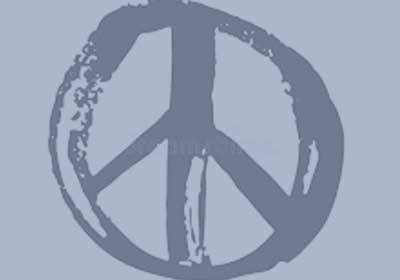Andreas Speck -
 “On 1 August 1914, it was too late for pacifist propaganda, it was too late for militarist propaganda – in fact the militarists then only harvested what they have sown 200 years before. We have to sow."1
“On 1 August 1914, it was too late for pacifist propaganda, it was too late for militarist propaganda – in fact the militarists then only harvested what they have sown 200 years before. We have to sow."1
This is what German pacifist Kurt Tucholsky wrote in an article titled “On effective pacifism”, published in 1927. More than 80 years later, the militarists are still sowing. The presence of the military in schools is only the most outrageous example of the sowing and planting of militarist values into the minds of children and soon-to-be soldiers, or supporters of militarism and war. It is the most outrageous, because on the one hand schools should be about learning positive values and knowledge, and not about propaganda, and on the other hand children are most vulnerable to propaganda and indoctrination.
Militarist propaganda
A key function of military presence at schools is propaganda. This can be very obvious – as we can see in Serdar M. Degirmencioglu's article on militarism in schools in Turkey (see page 4 in the article in The Broken Rifle, March 2011, No. 88) – or more subtle, as the German military's use of the simulation game “Politics & International Security” in schools and universities (see Michael Schulze von Glaßer's article on page 9 - ibid). This military propaganda is aimed at ingraining militarist values into the minds of children, so that they do not question the existence and use of the military in later life.



 IN 1961, President
IN 1961, President 




